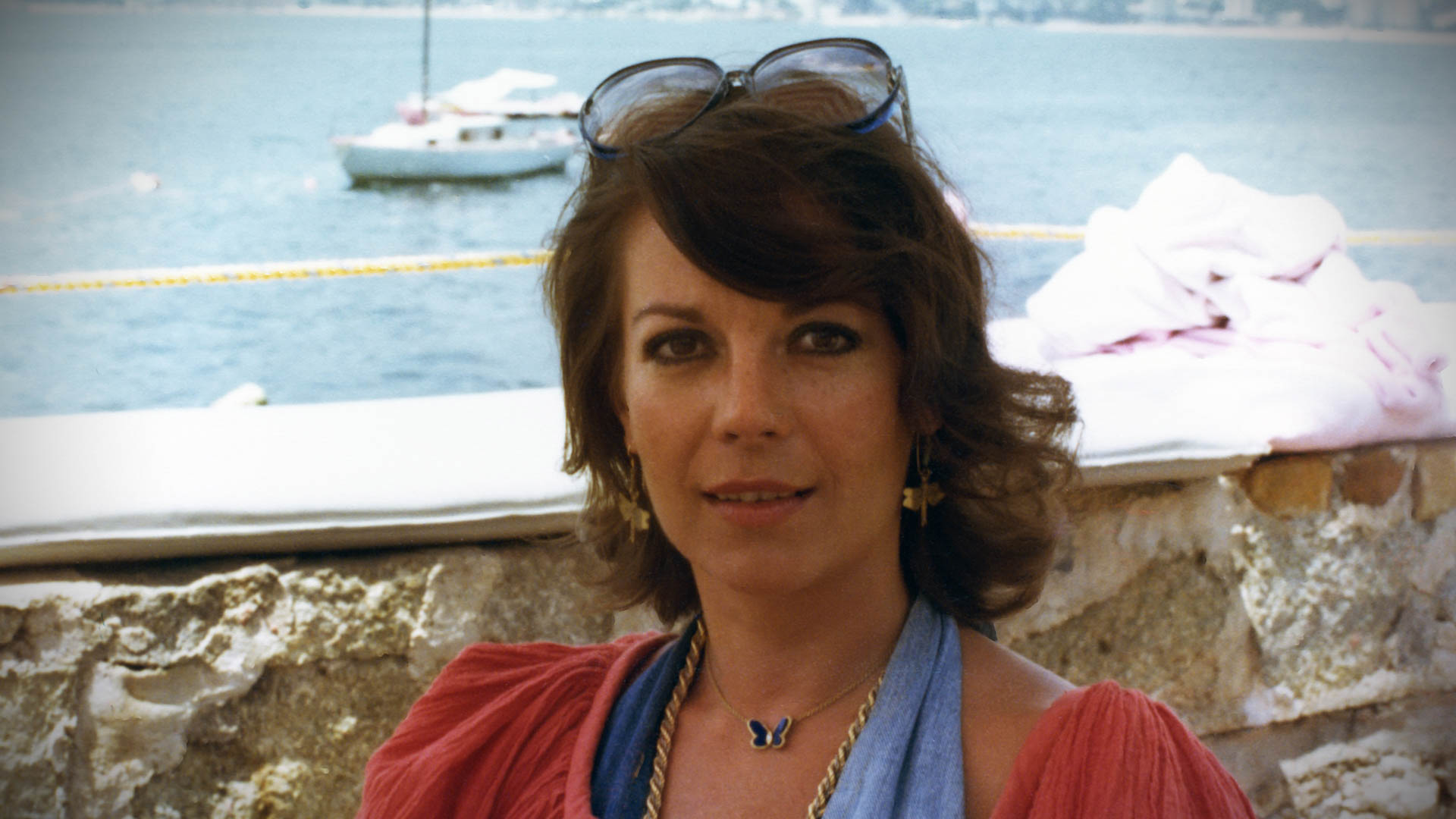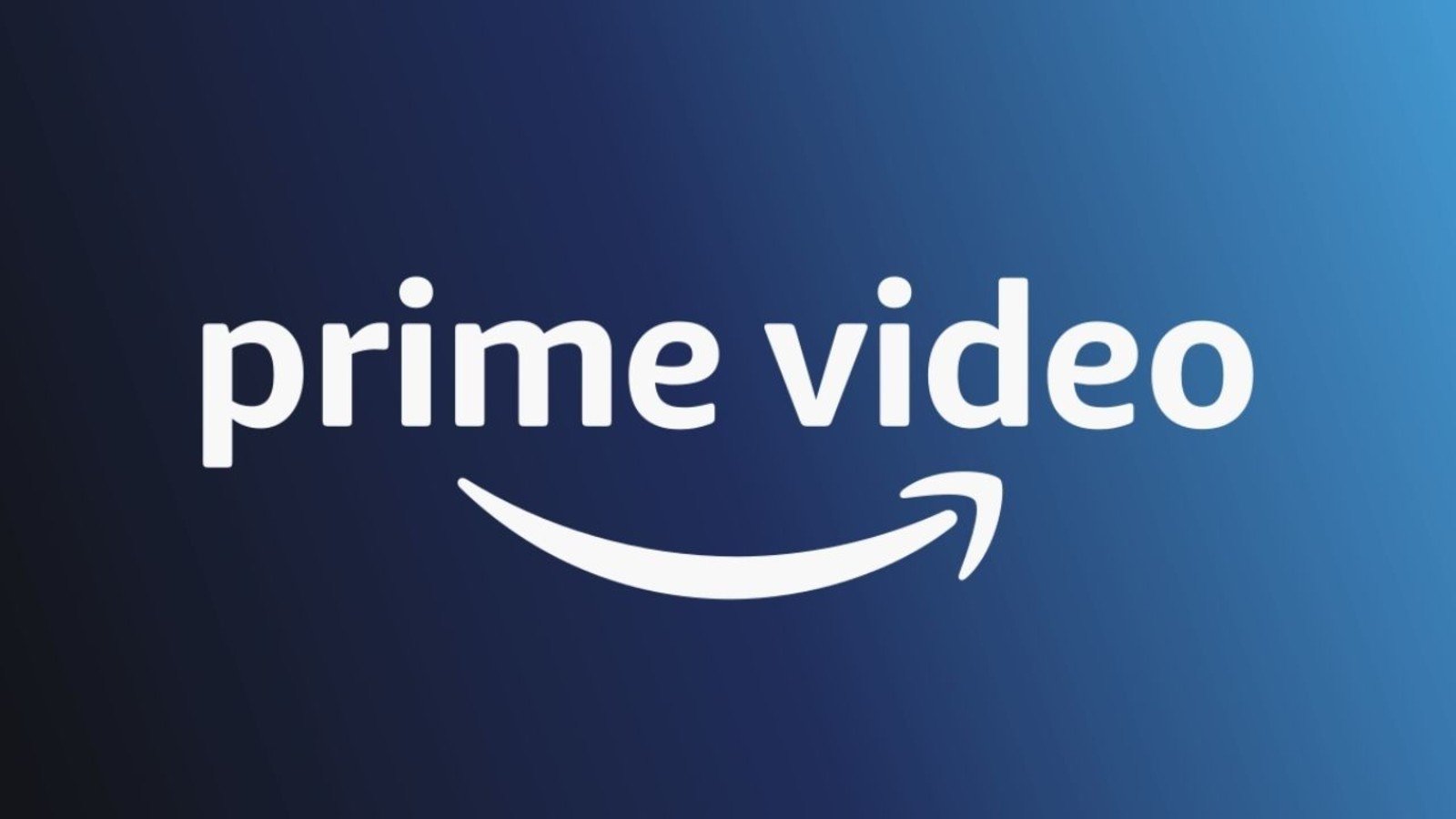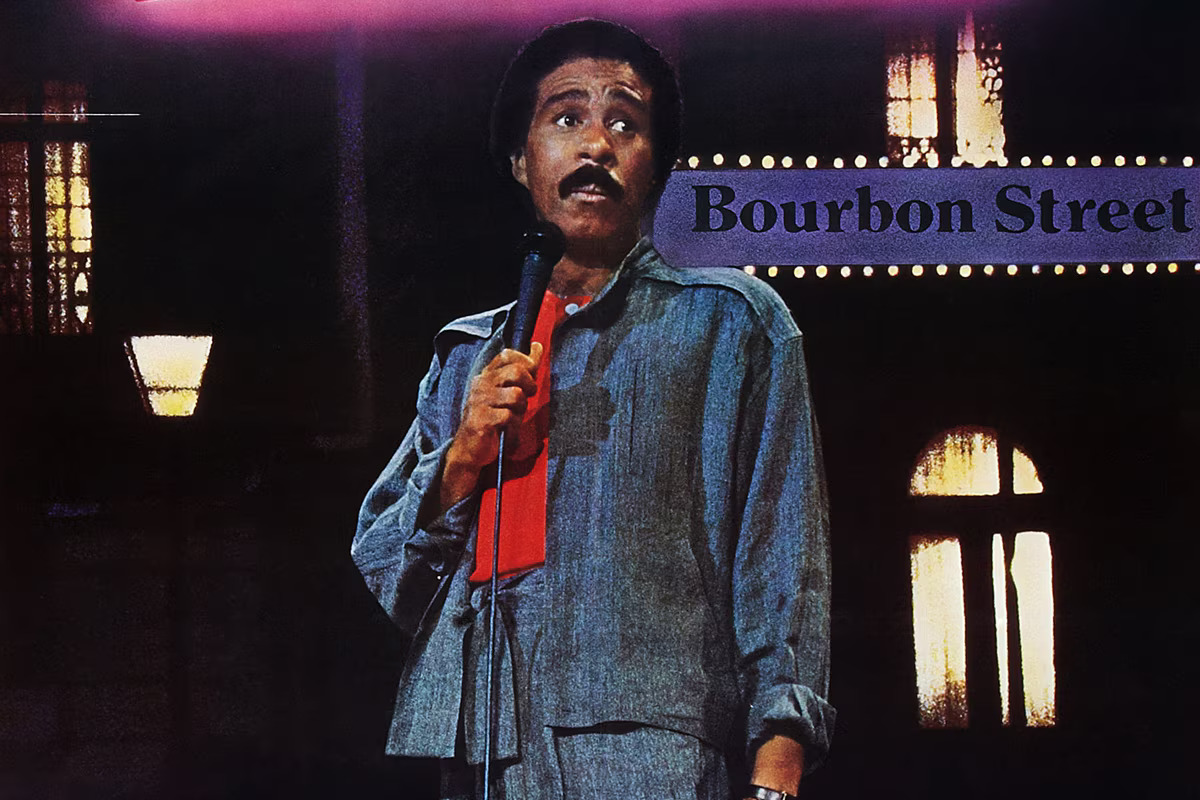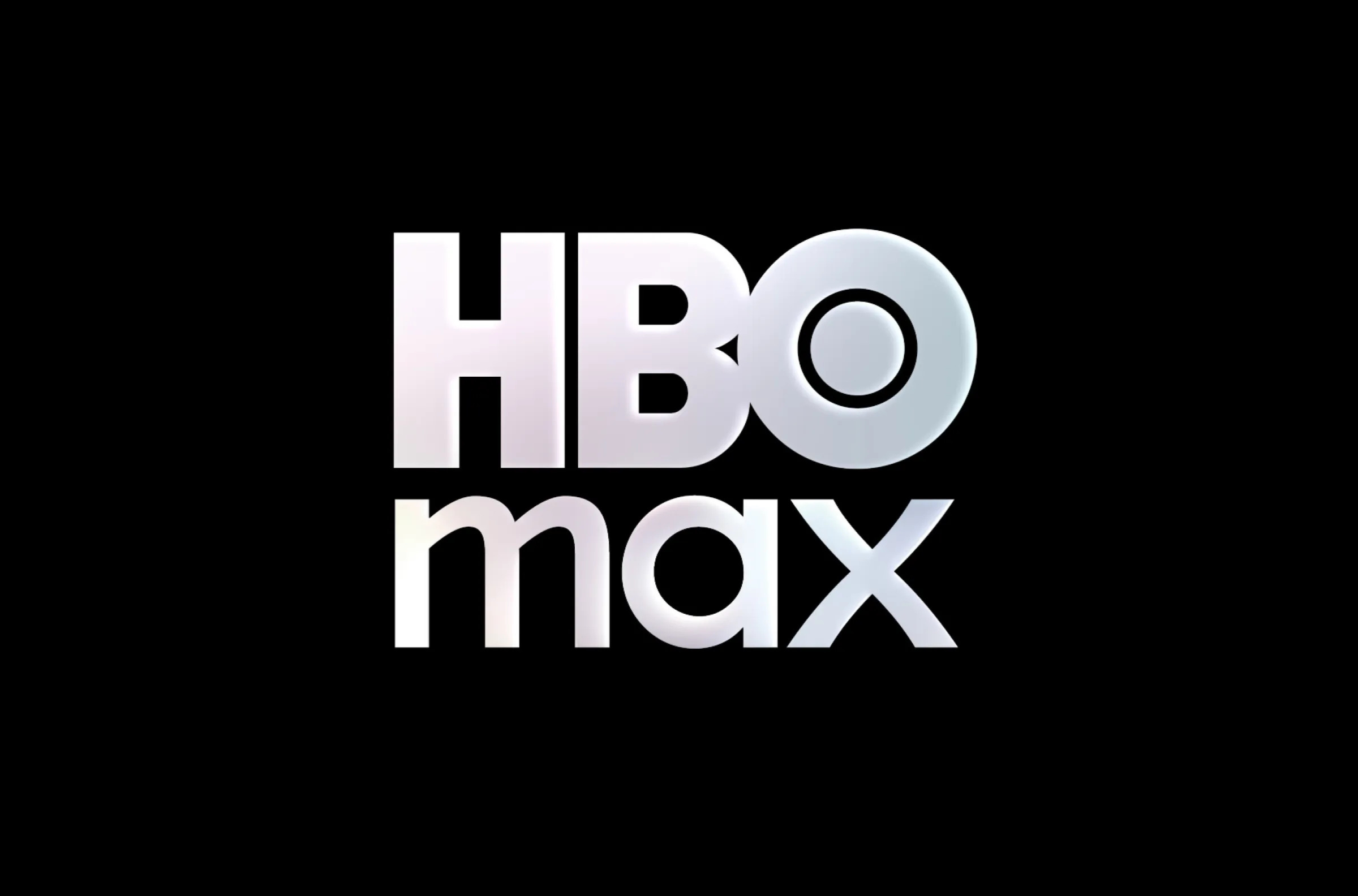
Laurent Bouzereau Natasha Gregson Wagner spoke over the phone with Solzy at the Movies two weeks ago about Natalie Wood: What Remains Behind.
The documentary first premiered during the 2020 Sundance Film Festival and will air Tuesday, May 5 at 9 PM ET/PT on HBO.

After premiering at one of the few festivals taking place in person this year, Natalie Wood: What Remains Behind will air in early May on HBO. How was the reception when the film premiered during Sundance in January?
Laurent Bouzereau: Well, first of all, thank you so much, Danielle, for your interest in our film. It was fantastic to premiere it at Sundance for several reasons. Number one, because it’s the home of Robert Redford and number two, he and Natalie Wood as we find out in the film had an very interesting career relationship so it was very meaningful that way. But the thing that stood out for me—and Natasha, you can comment on—is that we had two types of screenings. We had a screening that was for industry people who were part of the festival and people were so moved after. We had a Q&A. It was not so much people asking us questions—it was people making statements saying you just changed my mind about this whole story or “I related to it because of my own family.” It was amazing. When we screened it for the regular public in Salt Lake City, it was equally very few questions—more people making a statement about meaningful it played for them. That made me happy in the sense that that was my mission to really, on one hand, tell the story of Hollywood but really tell the personal story of a family.
Natasha Gregson Wagner: It was amazing to have it premiere at Sundance and just sit in the theater and watch it for the first time with an audience. People were so moved and that was moving for us to see them so moved.
Laurent Bouzereau: People after the screening just came to hug Natasha, people you’ve never met. Not only is this the last festival before this virus but it was the last time that probably this kind of hugging from complete strangers would happen, sadly.
I can imagine. It’s my understanding that the documentary came about as a result of the coffee table book, Natalie Wood: Reflections on a Legendary Life, in 2016?
Laurent Bouzereau: Correct. Natasha and I had never met but we have a mutual friend who worked on this coffee table book, Manoah Bowman, who also shares a producer credit on this film. He called and he said, “I just co-wrote this book with Natasha and there’s so many home movies, photos, and articles—things we could not fit into this book and we feel there’s a documentary. Do you know someone who could do this?” I said, “Well, how about me?” (Laughs) I’ve done a few things. So he laughed and organized a lunch. Natasha and I met and really got along and, and then we partnered up with first, Amblin Television—I had a relationship with that whole team for 27-28 years—and then HBO came on board and off we went.

What was the biggest discovery in making the film?
Natasha Gregson Wagner: I would say it was less of a discovery because I knew everything. It was more of just a confirmation that I didn’t dream my childhood. That I didn’t make up my life. I didn’t make up the relationship my parents had. It was all real—it really existed. I have the proof right in front of me and everybody that we would interview would share another memory that I remember from our house on Canon Drive or whatever. I would say for me, it was more just a confirmation.
Laurent Bouzereau: For me, it was a constant discovery or confirmation that this was a woman who I had no idea I had so much power in Hollywood. When I found out the way that after Rebel Without a Cause, she literally started selecting movies herself that she produced and that she had that much power with directors and her choice of co-stars, I rewatched all the films and started looking at them as actually a testament to her own life. It felt even more to me that she was an autobiographical actress. Basically, if you want to know who Natalie Wood is and what she stood for, you can watch the films and learn so much about her. Rather than approaching the films in the order in which they were made and the chronology kind of thing, I use them as themes in a way to really create a portrait of her because she put so much of herself in those roles and in those choices so to me that was the biggest discovery.
In terms of editing all the footage, photos, and interviews together in a way that tells a coherent story, how long was the process?
Laurent Bouzereau: Well, we shot I would say a solid year between the time that we started filming and the time that we actually locked picture It would be like a solid year, which is fairly common.
Can you talking about getting Robert Wagner to open up about the night of the drowning?
Natasha Gregson Wagner: That was sort of the crux of the documentary. We shot that interview first. My dad was very open to talking and very much wanted to go on record. I just wanted to make sure that he felt safe and he didn’t feel like he was under a microscope. Of course, it was painful to relive that night with him because I know how much pain it brought him and how much pain it brought me but he is so elegant and so gracious in that interview. He’s so full of humanity. I was pretty blown away by him that day. I mean, we all were. That interview took place over two days.
Laurent Bouzereau: I was also nervous because I knew that it was going to make or break the project in a way. The thing that was so amazing is that the Robert Wagner you see there being so open and so warm and just honest—the tears—is very much the way he was when we weren’t filming because we had to take lunch breaks and all that. He was just so gracious. He knew everyone on the crew. He knew them by name. He had lunch with us. There was nothing that felt like Oh, I’m gonna be guarded because I’m talking in front of all those people. It was a small crew but still you’re opening up about something very personal in front of complete strangers. There was great trust. I’d play him some music. He asked me, “What kind of music do you think you’re going to use?” I had done a playlist of my favorite music and he started wailing up as he was getting his makeup done. It was unforgettable, really. At some point, there was a lot construction across the way that started lot of noise and we had to stop. He was totally calm. You realize why he is who he is and such a beloved person is because he just understands all that goes with production in addition to understanding that this was a moment for him to open up and talk to his stepdaughter about happy times and not so happy times.
Natasha, if there’s one thing that you want people to learn about your mom in viewing the film, what would it be?
Natasha Gregson Wagner: My mom was brave, strong, funny, smart, game, and happy. I want my mom’s life to overshadow the night she died. I don’t want it to be the other way around.
What are some of the biggest values that she passed down to you?
Natasha Gregson Wagner: She was a very intimate person. She and I would talk about our feelings. She would always include me with her friends growing up that were coming to the house. She spoke to me like I was not so much like a child. She instilled I think, some sense of self-love. She definitely gave me a sense of self love. She gave me a love for learning, reading books, and watching film. I know she was very self-reflective and I think she passed that on to me. She was funny and warm. I have her in my mind. I hear her voice making jokes and being funny. I got to watch my parents really love and respect each other so I have a great model for a marriage and luckily, I have a have a really happy marriage and I think a lot of that has to do with what I witnessed growing up.
In addition to Natalie Wood: What Remains Behind, I believe I saw that a new book, More than Love, is also being timed to the film airing on HBO.
Natasha Gregson Wagner: Correct . On the same day that the documentary premieres, my book will be released, which is May 5. It’s called More than Love. The book is really a deeper dive into the relationship with my mom and my grieving process afterwards and coming to terms with being a motherless daughter, I would say.
What’s been the hardest part in promoting the film without the traditional press tour taking place?
Natasha Gregson Wagner: I don’t know. I don’t know that I feel that it’s been hard. I mean, I’m grateful that we can still promote it and I believe people need distraction from this terrifying time. I miss being face to face with people and getting to hug people or shake their hand or look them in the eye but that’s so much bigger than us right now. I’m just grateful that we can promote it.
Laurent Bouzereau: It was interesting. I posted the trailer on Instagram and somebody reached out to me. She said she was a nurse and how she was looking forward to seeing this. I think that because of the emotion that everybody is feeling—I think there’s something maybe cathartic in a difficult time like this worldwide to watch something that has a lot of emotions to it.
What are you doing to keep yourself from going stir crazy?
Laurent Bouzereau: Well, we’re talking to you—to the press, which has been really great to hear everybody’s sort of reaction to the film. I’m pitching a number of other films that I’m involved with at the moment. I’m using the time as creatively as one can possibly do it.
Natasha Gregson Wagner: I’m home-schooling my daughter basically because the online learning—you sort of have to be the teacher. We’re up in northern Michigan and we’re having an incredible time, my husband, my daughter, and I. We’ve been cooking. My daughter built herself a fort and we’ve been digging for worms. I’ve been reading books and we’ve been watching movies. I recorded the audio book in my closet last week—that was amazing. My husband built me a soundproof room. I bought all the audio equipment and I worked on Skype with the director.





